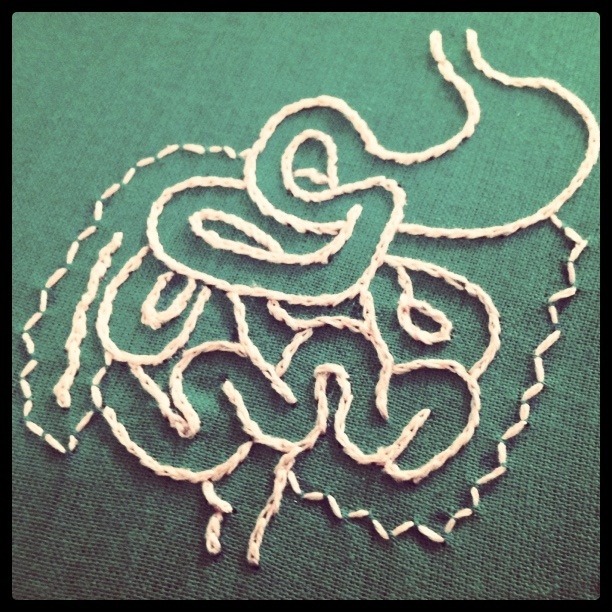This post may contain affiliate links which won’t change your price but will share some commission.
If you read my blog you know gut health is one of my favorite topics, but so far it has been someone else’s gut health. Until this week…..when I was diagnosed with eosinophilic esophagitis, an auto-immune disease. I am experienced enough to know that the word auto-immune means the root of the problem is in the gut. This diagnosis just happens to be MY body’s expression of how it is dealing with poor gut bacteria. So time for me to buckle down and get tougher with myself too.

I told my husband today that this whole thing is easier to face because of all the dietary changes we have made in our house over the past 3.5 years. It was 3.5 years ago that my oldest and youngest daughters first went gluten free. From there my oldest eventually went through the GAPS diet for a year, with significant healing. Now my dh is also gluten free and on a low carb, high fat diet to keep him from full fledged diabetes (he is in prediabetes right now). So instead of a deep cavern from here to there for me, it is really just a small step.
So what is eosinophilic esophagitis? “Eosinophilic esophagitis (also known as EoE) is a disease characterized by the presence of a large number of a special type of white blood cell, the eosinophil, that can cause inflammation in the esophagus. This inflammation can lead to stiffening or narrowing of the esophagus, which can lead to difficulty swallowing (dysphagia) or food getting stuck in the esophagus. Reflux of stomach acid contents into the esophagus can also cause eosinophils as well as inflammation in the esophagus. In EoE, the eosinophils are present even after acid reflux has been treated.” (Patients.gi.org) What is scary about this is the esophagus can get very brittle and when food gets stuck, it can actually perforate. That is not really a risk when the esophagus is narrowed by just acid from acid reflux (which I believe I have as well.)
Conventional treatments include proton pump inhibitors for the acid reflux. These work by reducing the acid in the stomach to almost nothing. I am of the opinion after researching this issue, that too little acid contributes to the problem rather than resolving it. So I don’t want to take something to inhibit acid, but want to instead increase my acid levels. The other common intervention is use of a steroid inhaler, like Flonase, to reduce the inflammation in the esophagus. Again, I don’t like steroids at all and want to figure out another way to deal with this.
So far my research has uncovered a few helpful ideas.
- Aloe Vera Juice is healing to many areas of the body and the esophagus is no exception.
- Ginger tea.
- Enzymes to help with acid levels.
- Cutting out gluten, grains, dairy, and sugar are all things I have to wrestle with. Any of all of these may contribute to my symptoms and I need some experimentation to see what might help me.
I am not sure what else I need to do for this but will be researching and asking questions over the next weeks to come. If any of my readers have experience with this, feel free to comment or email me with your suggestions.

Wow. Sorry to hear that Jennifer! After thanksgiving I might be calling you. Was looking around and saw this about your new diagnosis.
Yes for now I am going gluten free to see if it makes any difference.